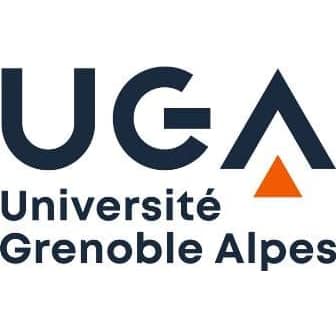AESOP 2024 ANNUAL CONGRESS | TRACKS
36th AESOP Annual Congress 2024 Paris, France
“GAME CHANGER? Planning for just and sustainable urban regions”
CALL FOR ABSTRACT
Call for abstracts CLOSED!
The Paris Congress will examine a key question at the heart of the multiple ongoing transitions: what exactly constitutes a game changer?
For over a century, European urban planning has depended heavily on publicly-driven land urbanization, particularly during urban expansion periods. Moving towards an entrepreneurial approach has brought about a fresh balance between the public sphere and market actors in recent decades.
The shift has brought about new collaborative methods that have become popular with globalization, which has led to urban regeneration projects. The trend of hosting international events is a component of this change, resulting in successful outcomes at times, though more frequently presenting risky patterns.
Yet, urban growth and redevelopment mask unsustainable social and environmental costs. Increasingly, people demand an approach that restores balance to urban ecosystems and reconstructs the natural environment.
However, the issue is more complex than it initially appears. Macro-level development processes have become more uncertain due to unexpected events such as the outbreak of the COVID-19 pandemic in 2019. Furthermore, managing local change has become more challenging, nuanced, and intricate. Implementation of projects has traditionally been a difficult aspect of public policy, particularly in the context of urban initiatives.
Therefore, planners must fully understand the complexity of implementation mechanisms to achieve a new and innovative form of practical and trailblazing planning. These challenges necessitate reflection on the authenticity and efficiency of traditional plans, highlighting the significance of local transformation.
The Paris Congress will examine a key question at the heart of the multiple ongoing transitions: what exactly constitutes a game changer?
For over a century, European urban planning has depended heavily on publicly-driven land urbanization, particularly during urban expansion periods. Moving towards an entrepreneurial approach has brought about a fresh balance between the public sphere and market actors in recent decades.
The shift has brought about new collaborative methods that have become popular with globalization, which has led to urban regeneration projects. The trend of hosting international events is a component of this change, resulting in successful outcomes at times, though more frequently presenting risky patterns.
Yet, urban growth and redevelopment mask unsustainable social and environmental costs. Increasingly, people demand an approach that restores balance to urban ecosystems and reconstructs the natural environment.
However, the issue is more complex than it initially appears. Macro-level development processes have become more uncertain due to unexpected events such as the outbreak of the COVID-19 pandemic in 2019. Furthermore, managing local change has become more challenging, nuanced, and intricate. Implementation of projects has traditionally been a difficult aspect of public policy, particularly in the context of urban initiatives.
Therefore, planners must fully understand the complexity of implementation mechanisms to achieve a new and innovative form of practical and trailblazing planning. These challenges necessitate reflection on the authenticity and efficiency of traditional plans, highlighting the significance of local transformation.



